Farmers will be paid to clear rhododendron and bracken from the MacGillycuddy Reeks under a new environmental scheme launched on Monday.
The four-year pilot scheme launched by Minister for Agriculture Michael Creed has a budget of €1m and will also see cattle return to the hills.
Listen to "The MacGillycuddy Reeks project" on Spreaker.
Project leader, Patricia Deane, told the Irish Farmers Journal that the scheme has a two-pronged approach, with a habitat-based payment and an actions-based payment.
“As an area of high nature value farmland, we have work to do protecting the heaths and the boglands,” Deane said.
“We’ll also be reintroducing cattle into parts of the Reeks, using controlled grazing. Their trampling action will help remove some of the bracken.”
The habitat payment is a results-based payment. The higher the habitat score, the higher the payment the farmer will receive – up to a maximum of €100/ha.
The habitat quality score will be determined by a scorecard developed by the project team and relates to specific environmental attributes of the habitats and biodiversity of the area.
Action-based
The action-based payments are based on hours worked and will be paid at a rate of €14.50/hr. The work is allocated each year on annual work plans and is subject to the budget available.
The principal actions include using a combination of stem injection, spraying of regrowth or hand-pulling rhododendron, depending on the age of the plant.
Bracken will be tackled using targeted spraying and the reintroduction of livestock for trampling the plant.
Kieran Doona, Coornameana, Glencar.
“This scheme is good for the young farmers – it will keep them interested and keep them working on their own farm.
“There’s an income for it. That’s the main thing, especially to be able to work on your own land and maintain it. That’s one of the best things about it.
“As part of the scheme I’ll be running more cattle in a controlled grazing system.
“I’m looking at using rare breeds. They’ll do a lot of the work on the scrub like keeping gorse and bracken down by walking over it.”




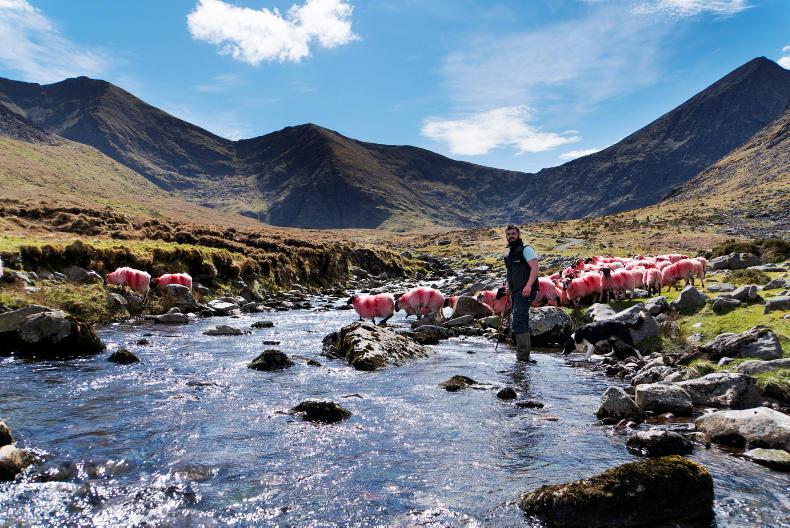
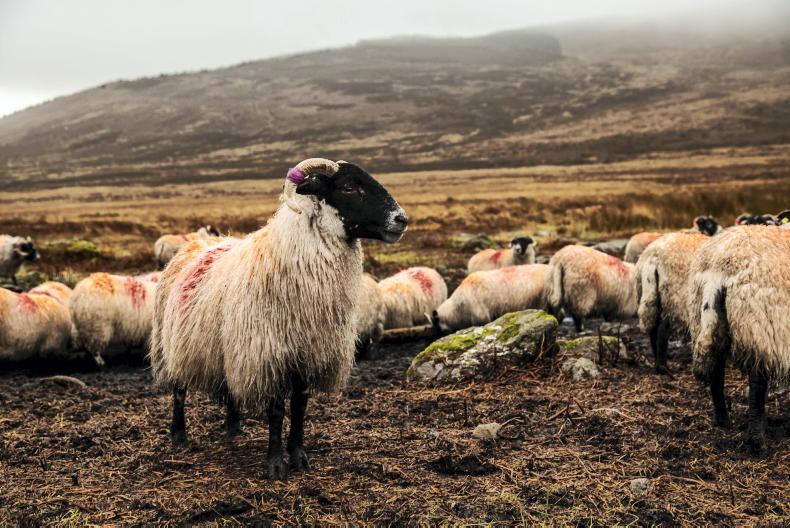
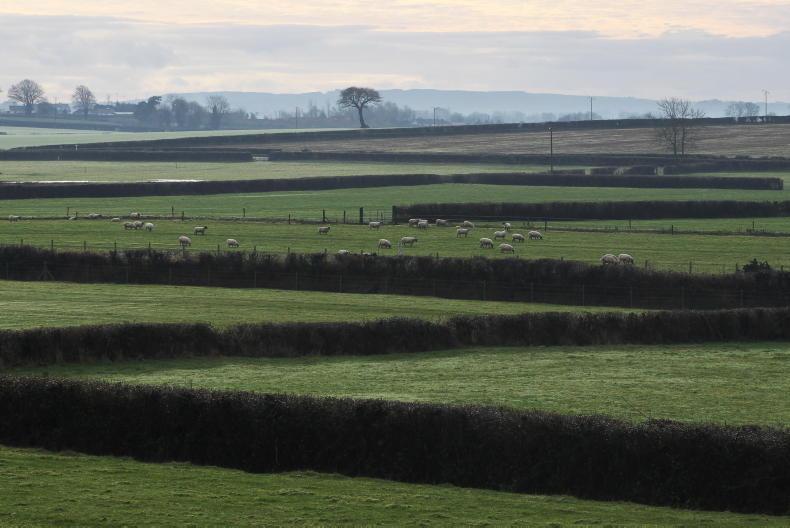
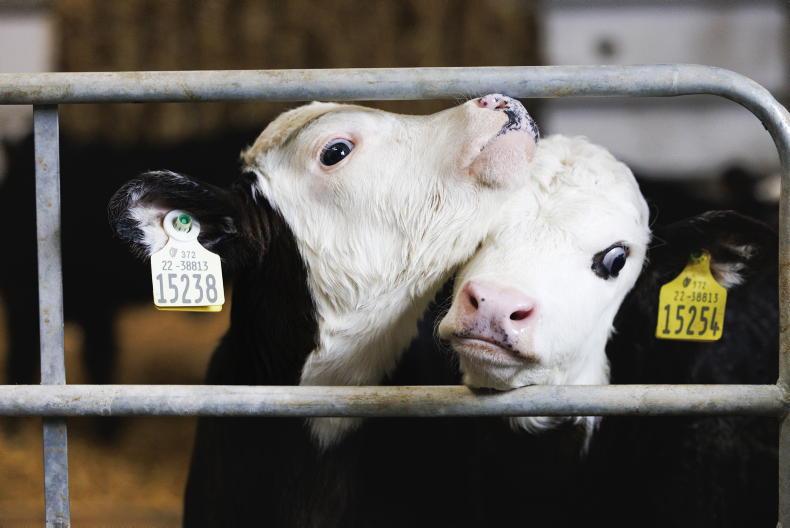
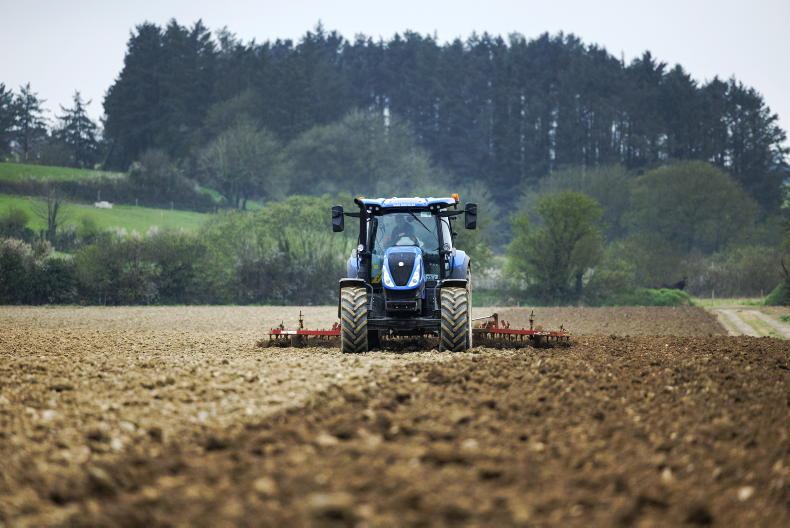
SHARING OPTIONS